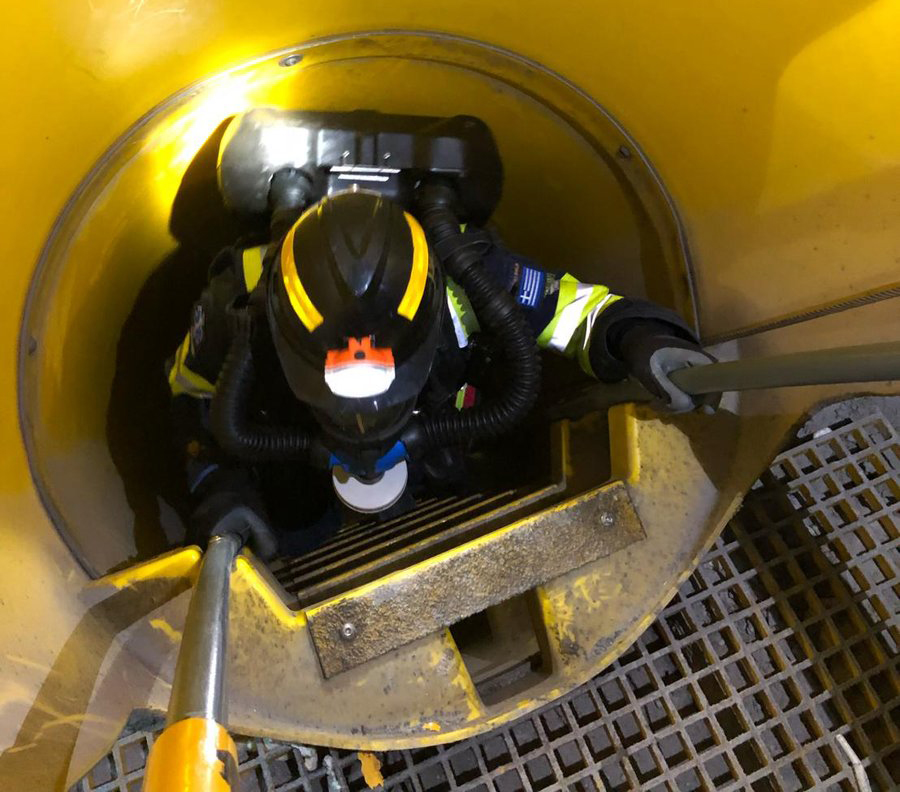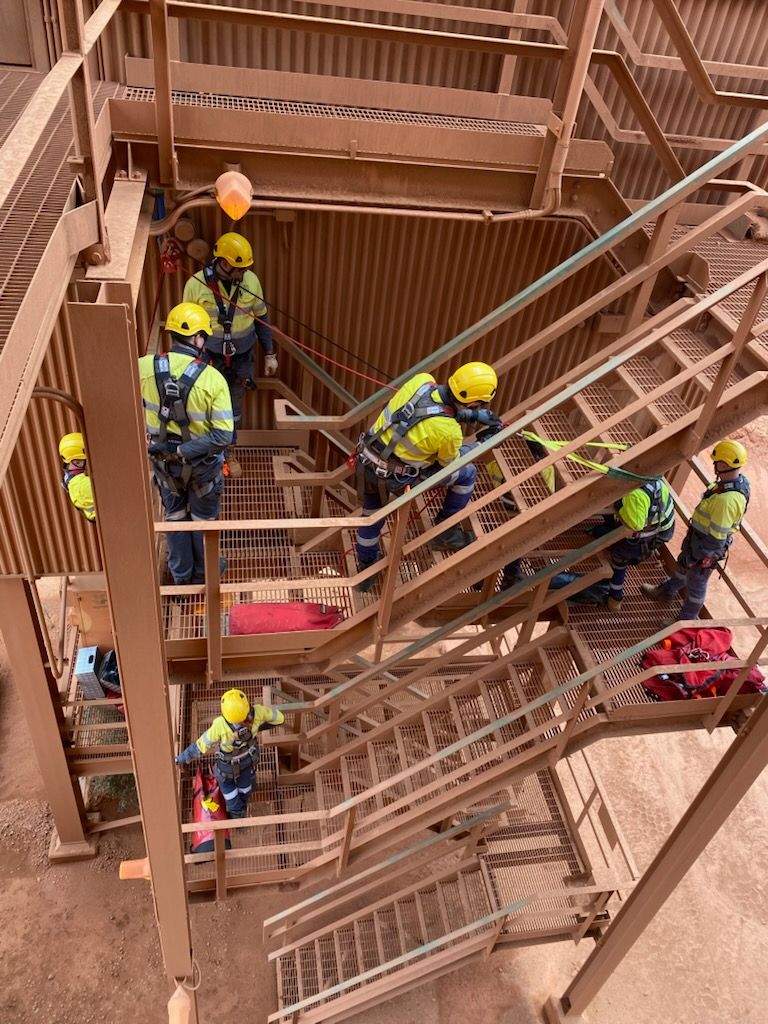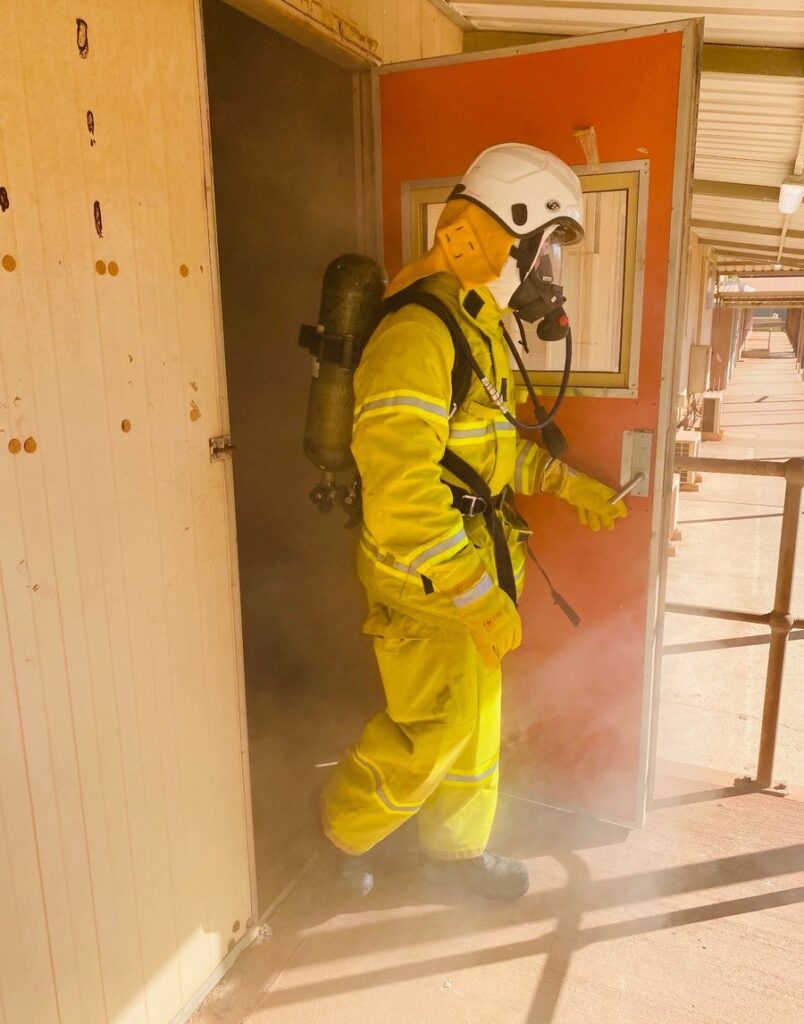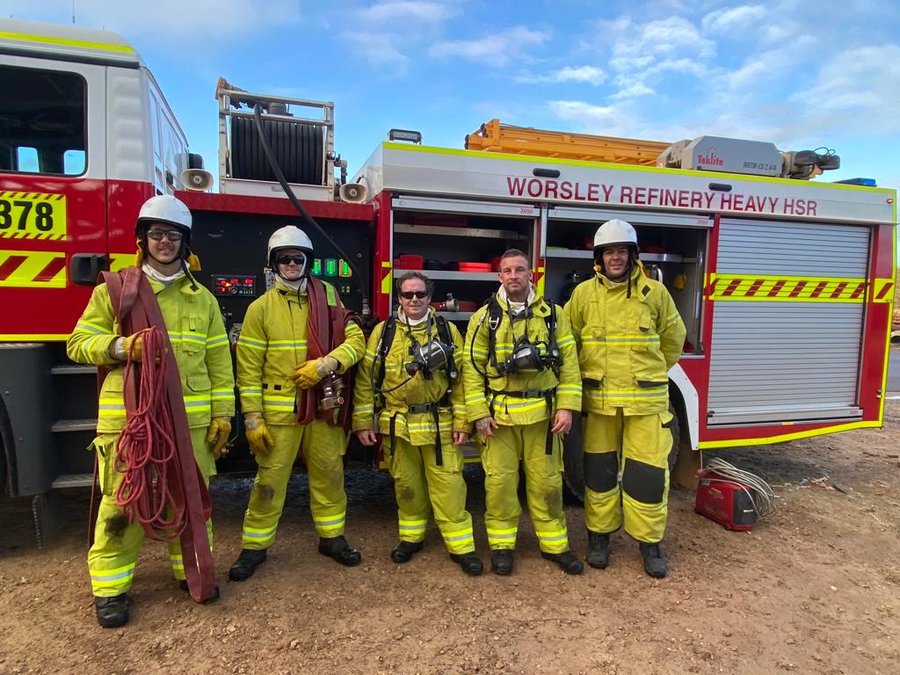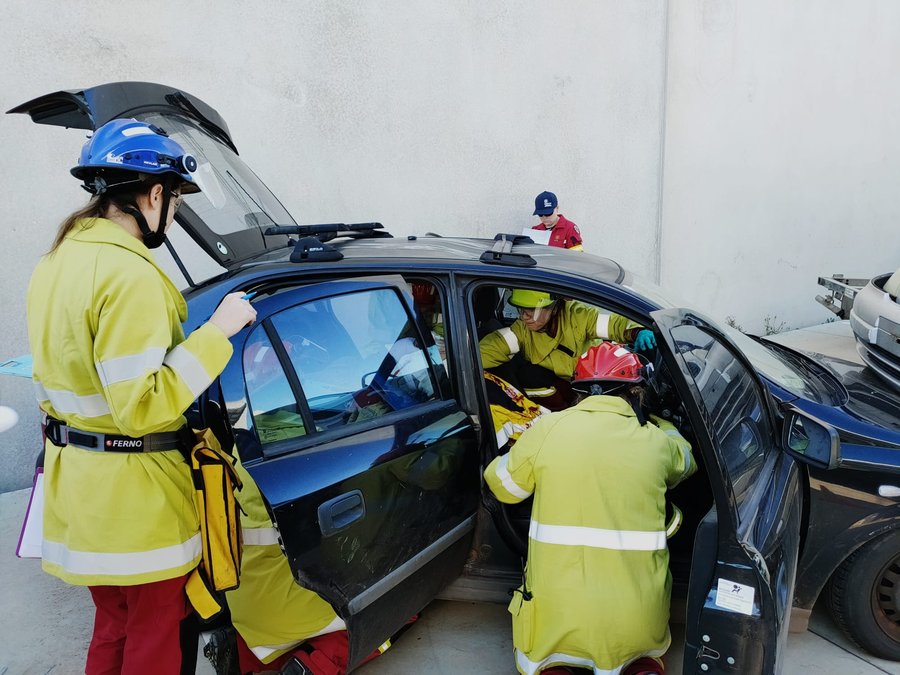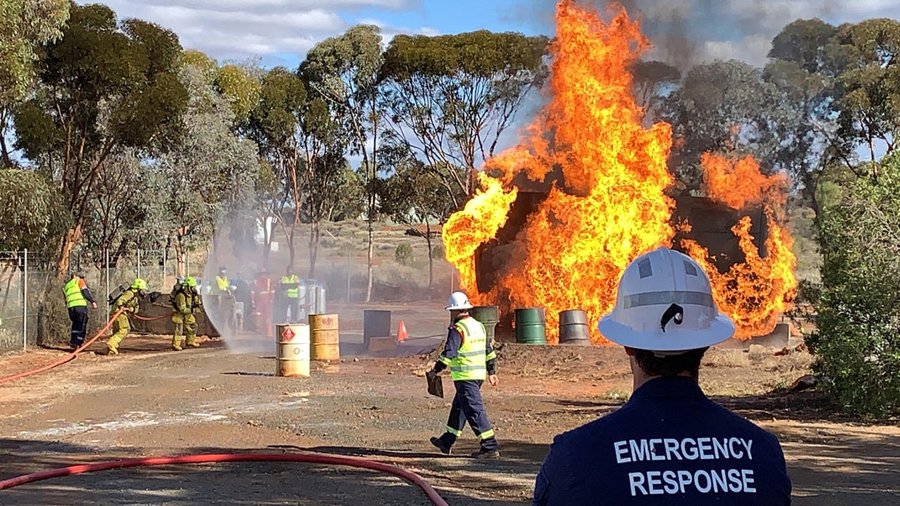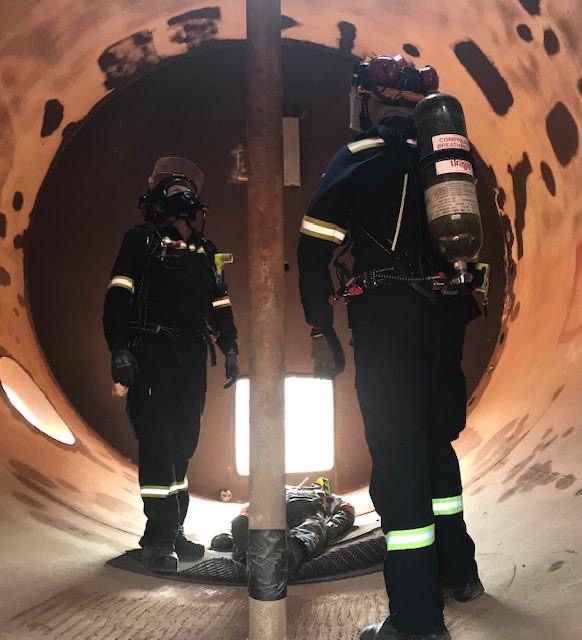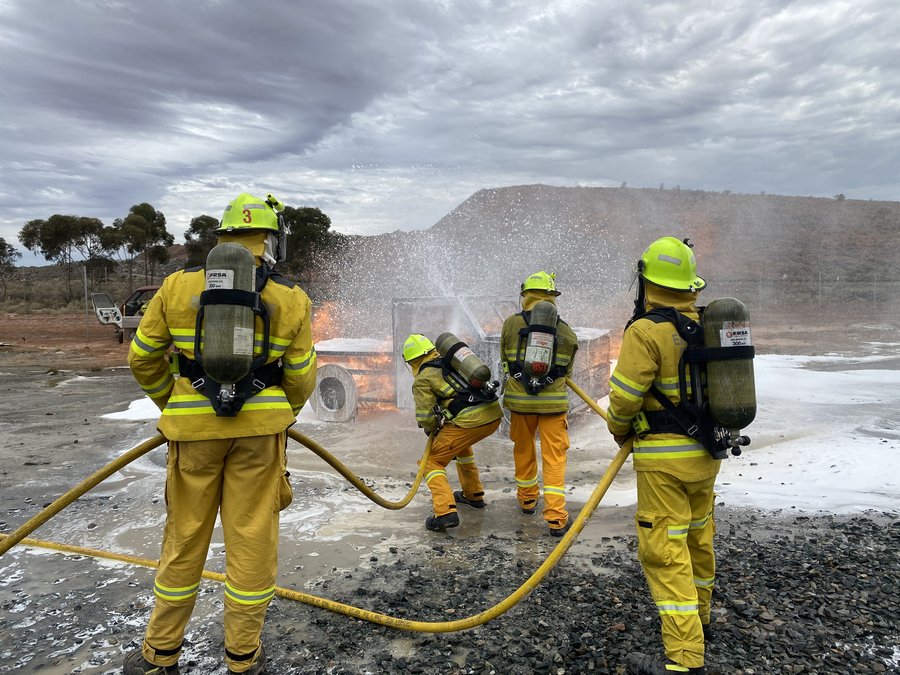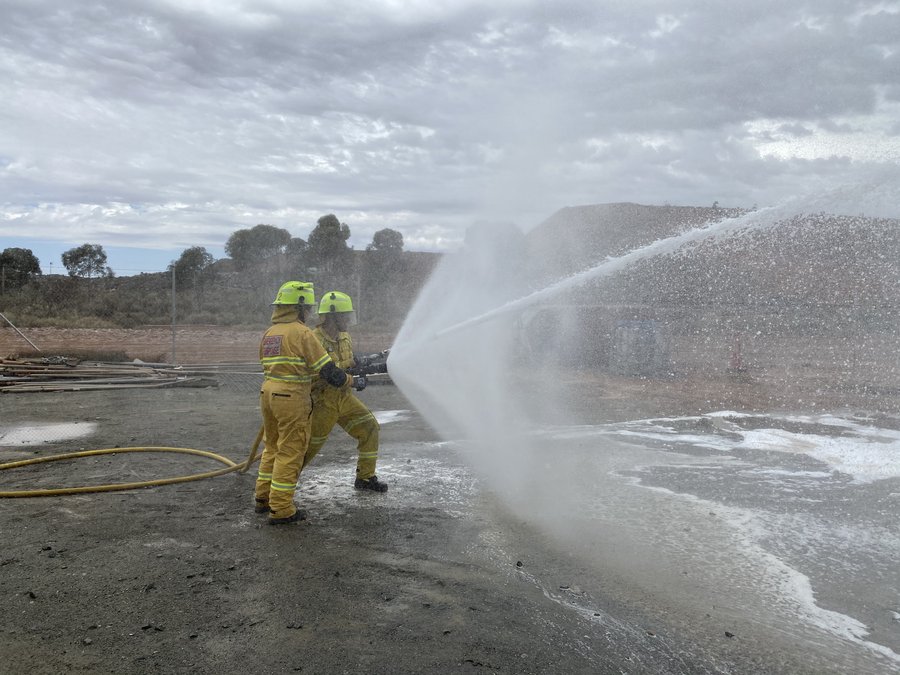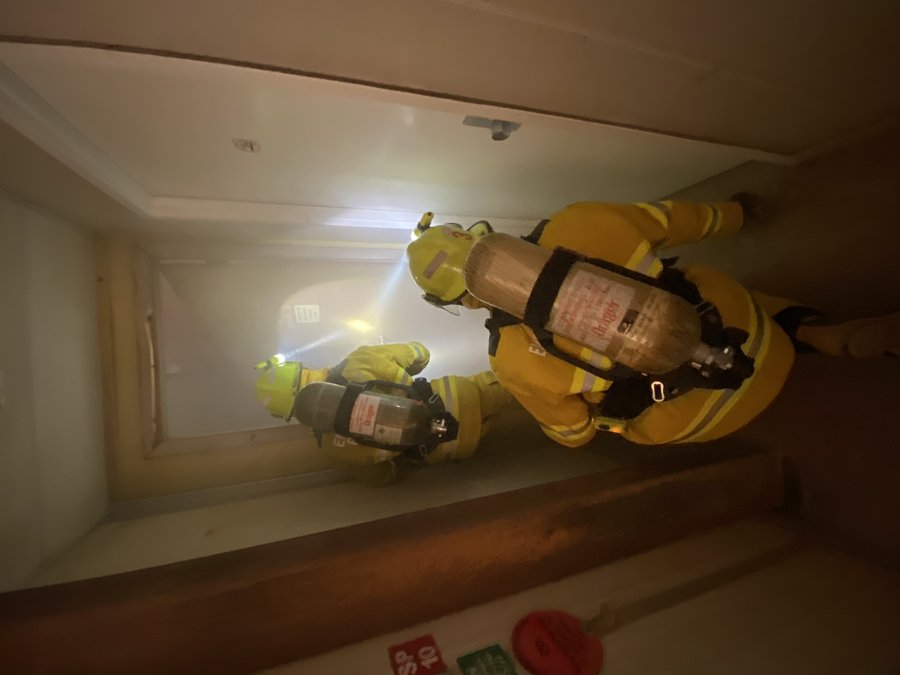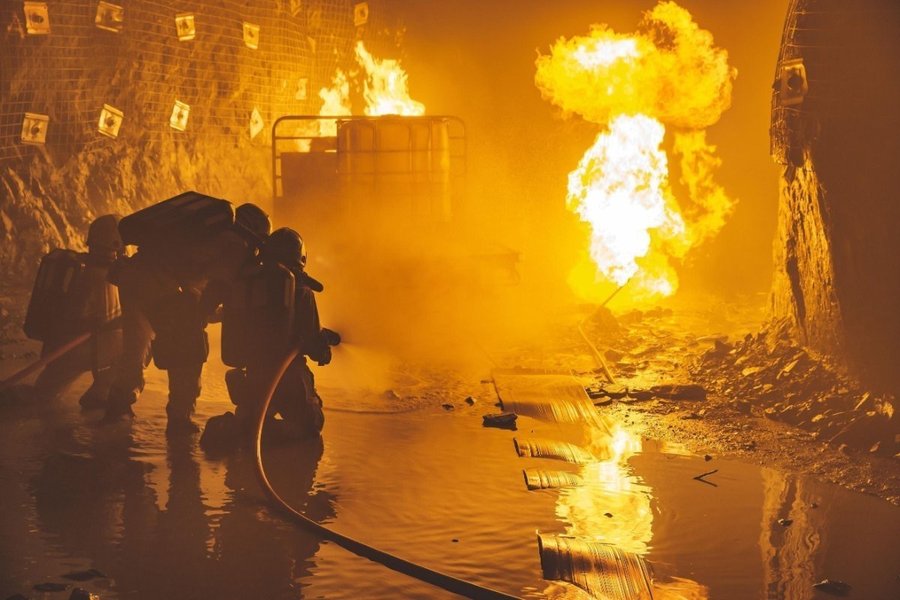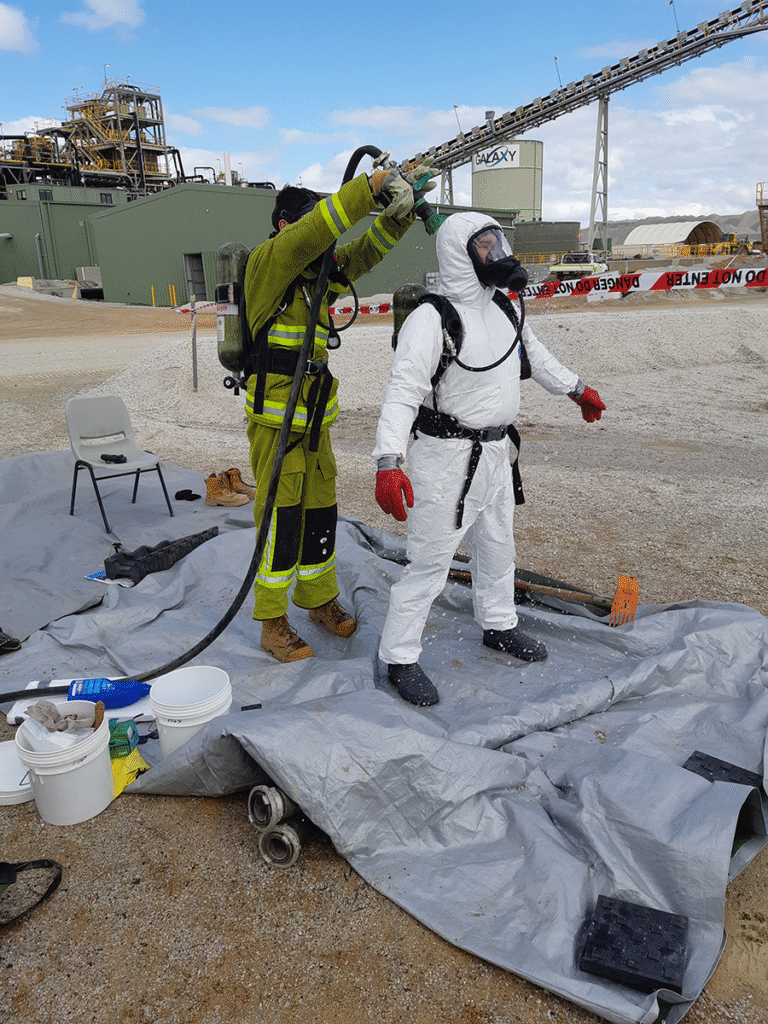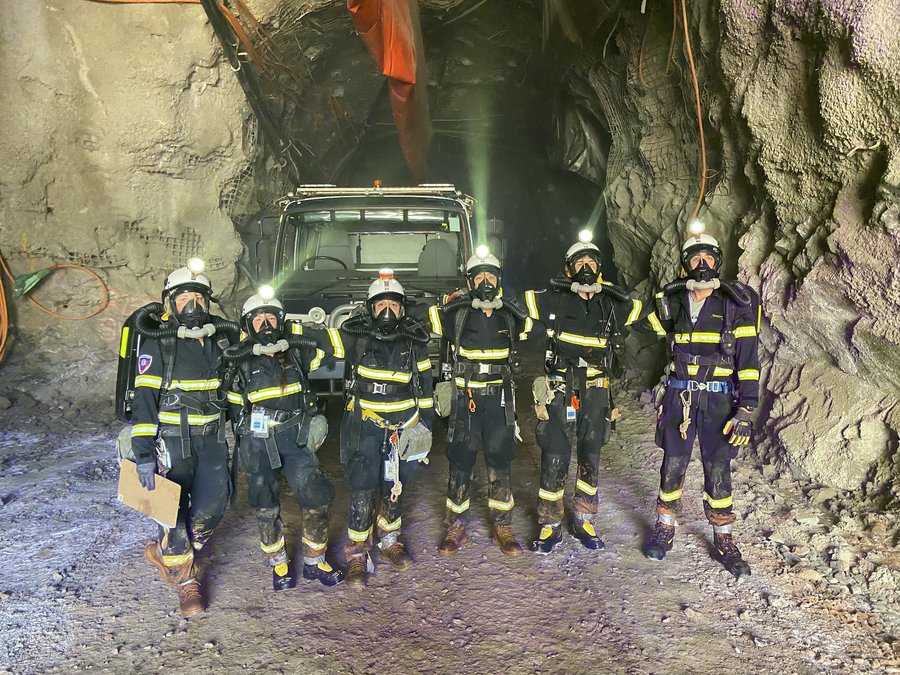RII41319 Certificate IV in Emergency Response Coordination
To express your interest or enquire about upcoming availability, please contact our team at training@parabellum.com.au.
Fill in the form and
we will be in touch!
"*" indicates required fields
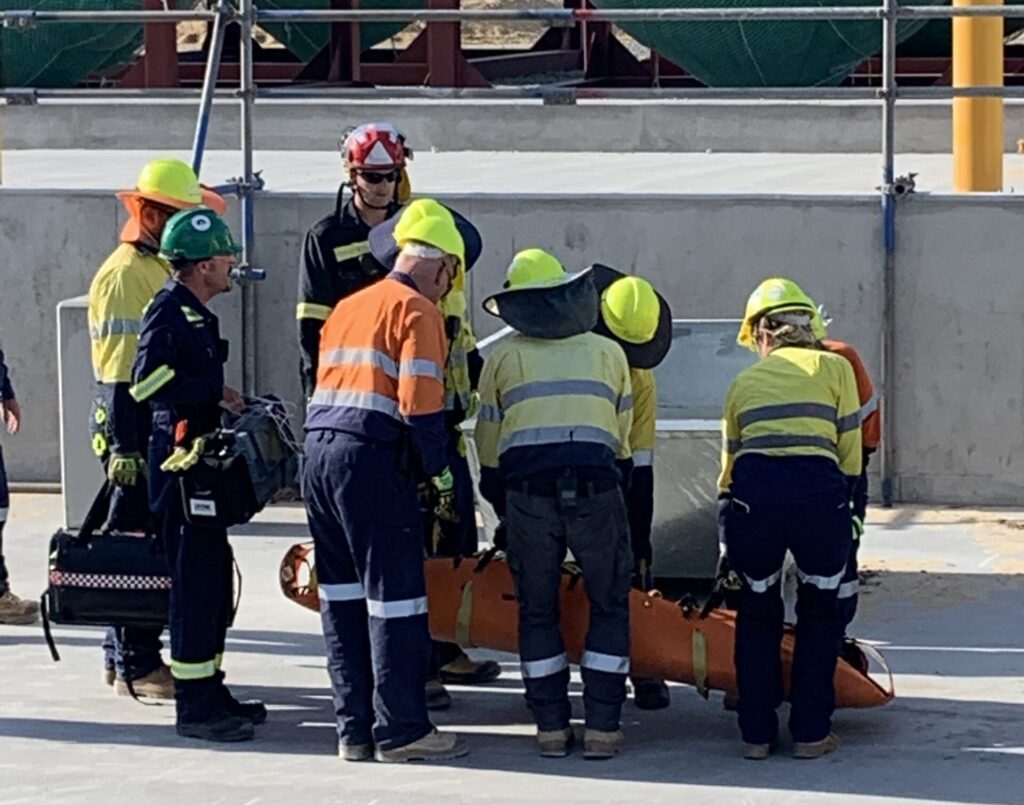
This RII41319 Certificate IV in Emergency Response Coordination qualification reflects the role of individuals working as emergency response coordinators in the resources and infrastructure industries. These professionals take on leadership roles during emergency situations, where they are responsible for planning, preparing for, and coordinating responses across various environments such as mines, construction sites, and processing plants. They demonstrate autonomy and sound judgement while overseeing teams and operations, often coordinating emergency personnel and liaising with external emergency services to ensure compliance with organisational procedures and relevant legislative requirements.
Industry Relevance and Progression
This qualification is widely recognised as a key pathway for Emergency Response Team (ERT) Supervisors and Coordinators, supporting progression from the RII30719 Certificate III in Emergency Response and Rescue to more advanced training in incident command and control. It develops the leadership and coordination skills required to manage emergency teams effectively in high-risk industrial environments.
This course equips students with advanced planning and decision-making skills required to coordinate on-site emergency responses. It supports compliance with workplace emergency procedures, organisational protocols, and relevant legislative and regulatory frameworks, in alignment with the outcomes of RII41319 Certificate IV in Emergency Response Coordination.

The RII41319 Certificate IV in Emergency Response Coordination consists of 12 units of competency: 3 core units and 9 elective units, selected to align with the student’s current or intended work environment in accordance with the training package requirements.
Core Units:
BSBMGT401 Show leadership in the workplace
RIIERR403E Lead rescue team
RIIRIS401E Apply site risk management system
Elective Units:
PMAOMIR320 Manage incident response information
PMAOMIR418 Coordinate incident response
PUAEMR032 Design emergency management exercises
PUAEMR036 Manage and evaluate emergency management exercises
RIIERR503D Implement emergency preparedness and response systems
RIIERR601E Establish and maintain mine emergency preparedness and response systems
Upon successful completion of all units, students will receive a Testamur for the RII41319 Certificate IV in Emergency Response Coordination. This qualification, along with any Statement of Attainment issued for partial completion, does not have a formal expiry date. However, ongoing industry requirements may recommend periodic refresher training every 2 to 5 years, depending on the individual’s experience, job role, and currency of skills. Where applicable, refresher training for specific units of competency can be undertaken through Parabellum International Training (RTO 51786) and booked as individual short courses.
Entry Requirements
To enrol in the RII41319 Certificate IV in Emergency Response Coordination, students must meet the following entry requirements:
- Provide a government-issued photo identification (e.g. driver’s licence, passport) at the time of enrolment.
- Hold a valid Unique Student Identifier (USI). This is a mandatory requirement for issuing nationally recognised qualifications in Australia.
- Complete a Language, Literacy, Numeracy, and Digital Literacy (LLND) assessment at a minimum of Australian Core Skills Framework (ACSF) Level 3 prior to course commencement. This assessment helps determine whether additional learning support is required to successfully complete the qualification.
- Complete a Health and Fitness Declaration. Students are required to declare any medical condition(s) that may prevent or limit their ability to safely and fully participate in all units of the course.
Student Responsibilities and Practical Requirements
- Approximately 12 months industry experience.
- Possess a Laptop/Tablet which they are able to bring with them on training day.
- Students must have a reasonable level of physical fitness and be capable of lifting and carrying loads of at least 20 kilograms, working in confined spaces, and performing physically demanding emergency response tasks as part of the practical training and assessment requirements.
- Can climb stairs and ladders whilst carrying a load.
- Can manage the mental and physical effects of a fear of heights.
- Be clean shaven as per AS1715

- Communicate in a clear manner with others.
- Read and Record measurements.
- Record information legibly.
- Read and comply with work instructions and specifications.
- Wear long pants, long sleeved shirt, safety boots, safety glasses and sun protection on face-to-face training days.
For further information or enquiries regarding course entry requirements, please contact Parabellum International Training at training@parabellum.com.au.
The RII41319 Certificate IV in Emergency Response Coordination is an advanced qualification requiring prior knowledge and skills. To enrol, students must:
-
Have completed RII30719 Certificate III in Emergency Response and Rescue
or -
Demonstrate equivalent skills, knowledge, and relevant industry experience in emergency response and rescue operations.
-
Hold HLTAID014 – Provide Advanced First Aid.
These requirements reflect Parabellum International Training (RTO 51786) course entry standards, designed to ensure students are adequately equipped to undertake the demands of this qualification.
Mode of Delivery
The RII41319 Certificate IV in Emergency Response Coordination is delivered through a combination of theoretical and practical components, led by experienced and qualified trainers who maintain current industry knowledge in fire, emergency response, and rescue operations.
The course is delivered through a combination of structured learning methods, including:
- Face-to-face practical training exercises
- Self-paced online learning modules
- Workplace-based training conducted in real or simulated work environments
- Blended learning activities, such as workplace simulations and digital assessments integrated with practical demonstrations
This blended approach provides flexibility while ensuring that learners develop both the theoretical knowledge and hands-on practical skills required to demonstrate competency in emergency response and rescue operations.
This approach allows for flexibility while ensuring learners develop both the knowledge and hands-on skills required for competency in emergency response roles.
Assessment Methods
Assessment is conducted by qualified assessors using a combination of tools and methods, in accordance with the principles of assessment (fairness, flexibility, validity, reliability) and the rules of evidence (valid, sufficient, current, authentic). Students will be assessed as either Competent or Not Yet Competent based on their performance against the unit requirements.
Assessment methods may include:
- Direct observation of practical skills and tasks during training exercises
- Verbal questioning to assess underpinning knowledge
- Written responses to theory-based questions
- Portfolio evidence, including completed workplace documents or work samples
- A combination of the above methods, as appropriate for each unit
Evidence Collection
Evidence of competency is gathered throughout the course and may include:
- Completion of theory questions through structured learning plans in the Learning Management System (LMS)
- Observation checklists completed by the trainer during practical assessments
- Submission of portfolio evidence, such as workplace forms, reports, or documentation relevant to unit outcomes
This comprehensive approach ensures all learners are assessed fairly, consistently, and in accordance with the unit requirements of the RII41319 Certificate IV in Emergency Response Coordination qualification.
Recognition of Prior Learning (RPL) and Credit Transfer (CT)
Parabellum International Training RTO (51786) offers Recognition of Prior Learning (RPL) for students who can demonstrate prior skills and experience relevant to the course outcomes. Students may also be eligible for Credit Transfer (CT) for units of competency they have previously completed through another Registered Training Organisation (RTO).
RPL and CT applications are assessed individually in accordance with our RPL/CT Policy and the requirements of the training package.
Issued by Parabellum International Training (RTO Code: 51786)
Students who successfully complete all training and assessment requirements of the course will be awarded the nationally recognised qualification:
RII41319 Certificate IV in Emergency Response Coordination
Graduates will receive a Testamur for the qualification, along with a Record of Results listing the units of competency achieved, which may include:
-
BSBMGT401 Show leadership in the workplace
-
RIIERR403E Lead rescue teams
-
RIIRIS401E Apply site risk management system
-
PMAOMIR320 Manage incident response information
-
PMAOMIR418 Coordinate incident response
-
PUAEMR032 Design emergency management exercises
-
PUAEMR036 Manage and evaluate emergency management exercises
-
PUAOPE015 Conduct briefings and debriefings
-
RIIERR503D Implement emergency preparedness and response systems
-
RIIERR601E Establish and maintain mine emergency preparedness and response systems
This qualification is issued in accordance with the Australian Qualifications Framework (AQF) and complies with the Standards for Registered Training Organisations (RTOs) 2025.
To express your interest or enquire about upcoming availability, please contact our team at training@parabellum.com.au.
To express your interest or enquire about upcoming availability, please contact our team at training@parabellum.com.au
Fill in the form and
we will be in touch!
"*" indicates required fields
Get in Touch
Enquire About Our Training Courses
Fill out the form below and you will be one step closer to your qualification.






